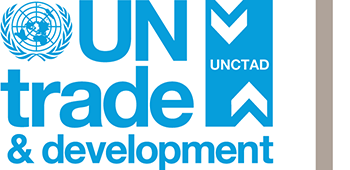In this report, we stress the importance of structural change and productive development as leading engines of post-Covid economic recovery. We do so by first putting emphasis on the perverse relation between underdeveloped productive structures and the intensity of the Covid-19 crisis. We then look at factors that may have harmed productive development in emerging and developing (EDE) countries over the last forty years. We investigate the role of (non-FDI) net capital inflows as a potential source of premature de-industrialization in a wide range of EDE countries, Latin American ones in particular, in the context of increasing financial integration. Our analysis intends to verify whether periods of abundant capital inflows to EDE economies may have fed perverse structural changes away from those sectors, namely manufacturing, traditionally recognized as prime sources of long-run development. We consider a sample of 36 countries from 1980 to 2017. We find that manufacturing employment and GDP shares tend to contract more substantially, and the economic complexity index decreases during episodes of financial bonanza. Given this evidence, we discuss policies that may support transformative post-Covid recovery. We first consider available space for expansionary fiscal policy and public investment-centered recovery plans as influenced by the degree of financial integration characterizing EDE countries. We then analyze whether macroprudential policies taming international capital mobility may bear positive effects for long-run productive development on top of their implications for (short-term) financial and macroeconomic stability.
